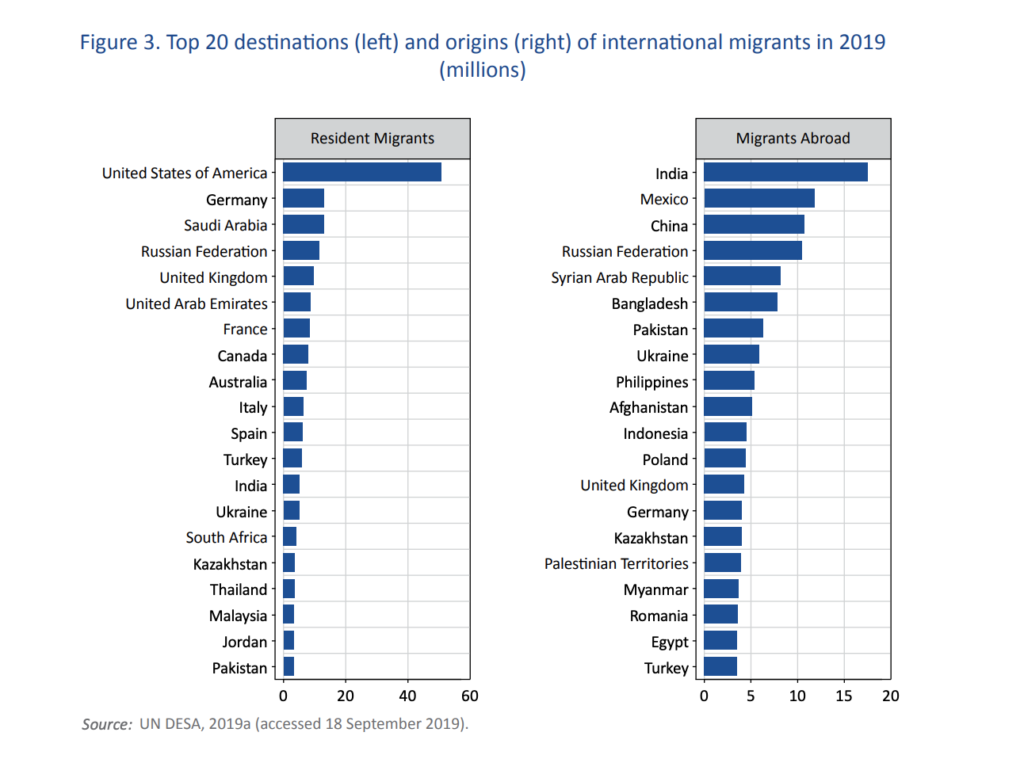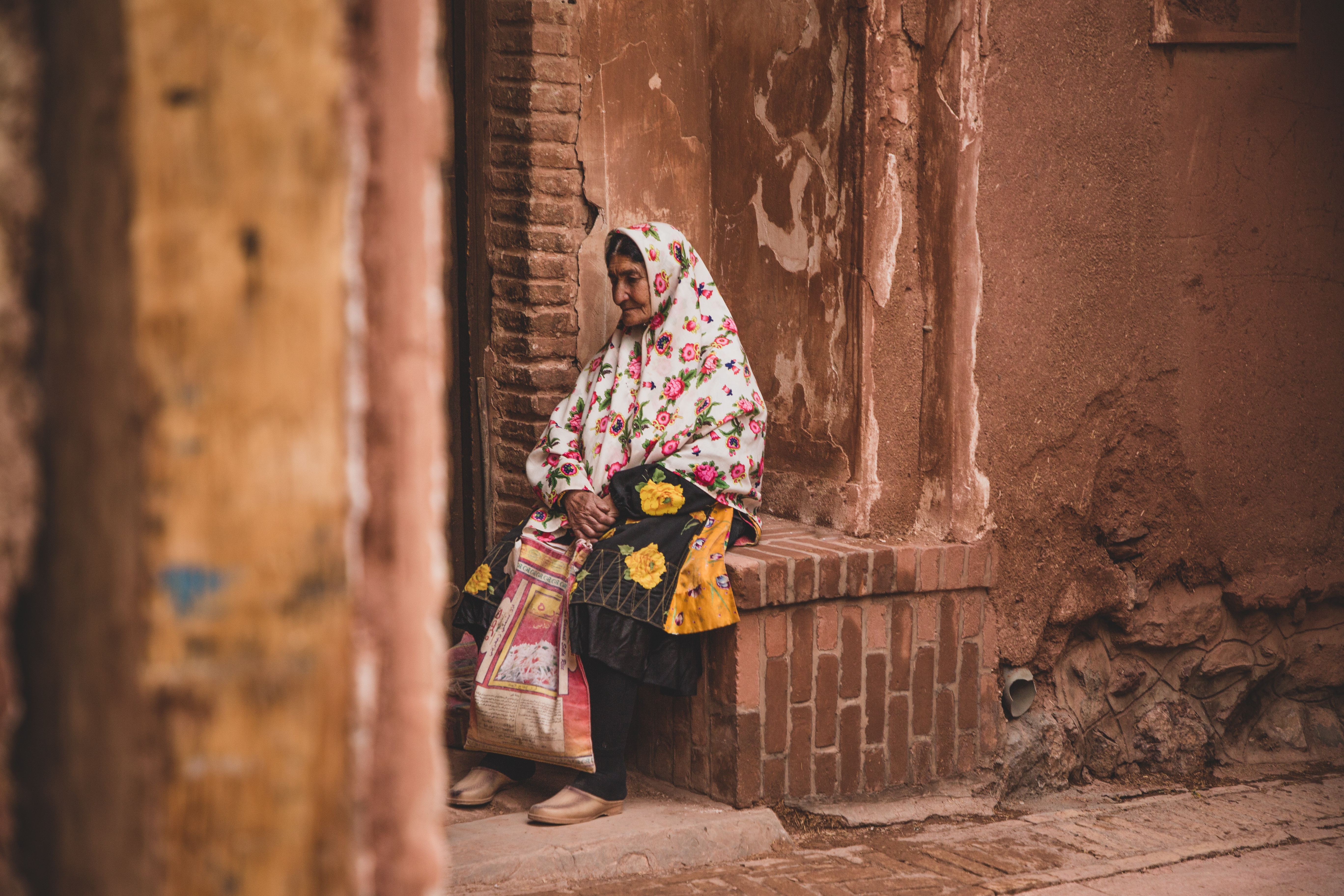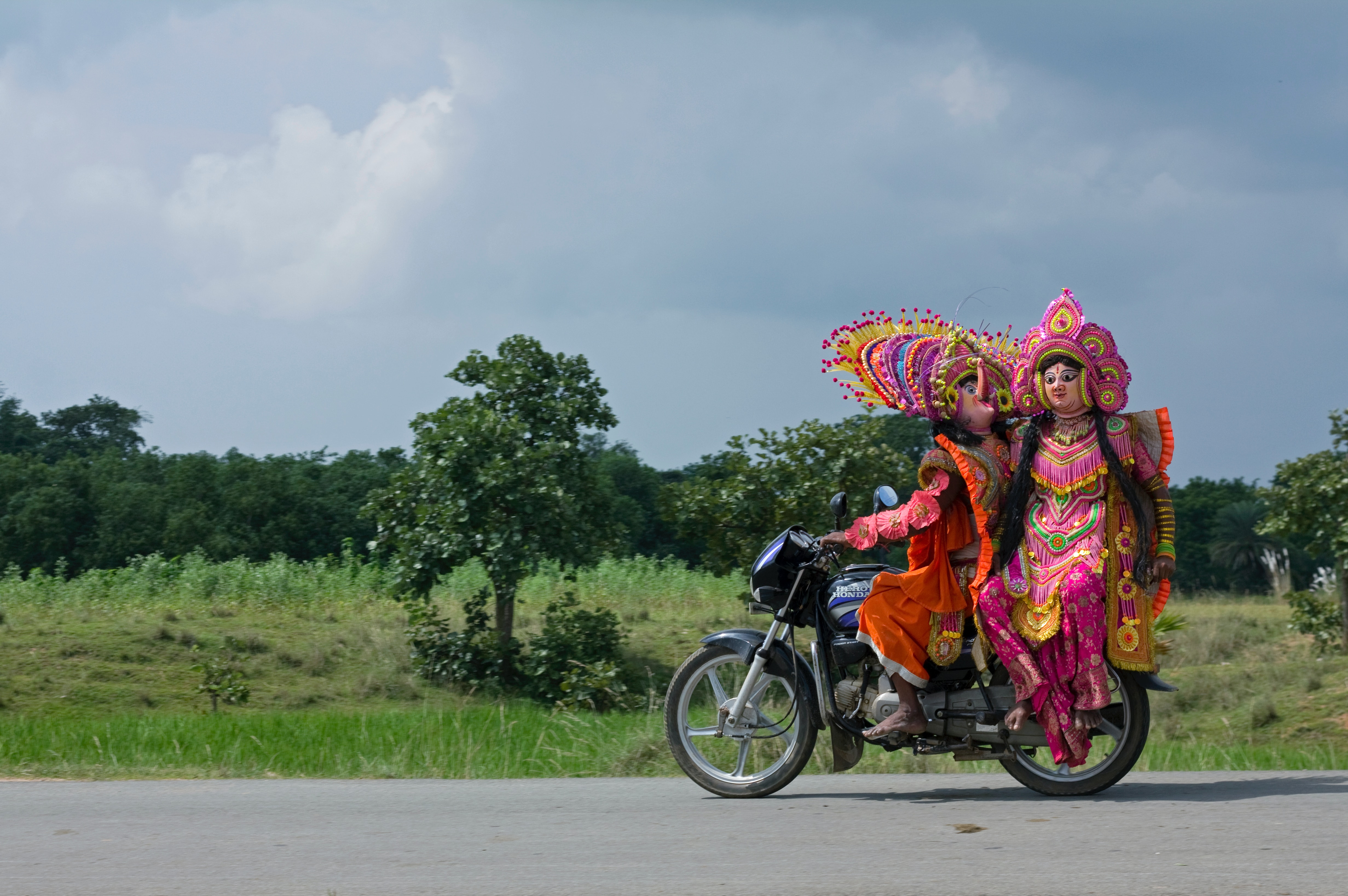What You Lose When You Move Abroad

How many of you yearn to move abroad for work? To live a better life? Does the greener pastures beckon you? Especially if you are from developing or underdeveloped countries, the lure to move to developed countries is humongous. Moreso, there is the social status associated with moving to developed countries like the US, Canada, the UK, Australia, Germany or Japan. For example, in India, people who emigrate to other countries become NRIs, i.e. non-resident Indians. Many of them later embrace foreign citizenships. Then the question is, did they get the green pastures they were looking for? If they got it, did they enjoy it? Are they happy? Do they, in some corner of their hearts, realize if they are missing something? What did they lose in this tradeoff? Let’s find out more about what you lose when you move abroad.
“If the grass looks greener on the other side, it is probably astroturf.”
~ Nicky Gumbel

Contents
Related Posts on What You Lose When You Move Abroad
- Why Our Roots Beckon Us?
- Can We Go Back to Our Roots?
- How to Move Abroad for Work
- 8 Ways Immigration Improves Quality of Life
- 5 Best Countries for Job Opportunities
- Best Quality of Life Country- Canada
- How to Immigrate to Canada for Work
- How to Study in Germany for Free
- How to Immigrate to Germany for Work
- How to Immigrate to the United Kingdom for Work
- 15 Top Happiness Index Countries
Why People Emigrate?

People emigrate to other countries because of several reasons. People migrate for various reasons such as for employment, escaping violence, religious persecution, environment, education, or family reunion.. But a significant proportion move abroad due to job opportunities. The US by far has the largest immigrants in the entire world. Over 50 million people living in the US are foreign born. Whereas India has the largest migrants abroad, about 18 million.

What You Lose When You Move Abroad
But in this journey, what do migrants lose in the long run? When you move abroad, there are several things you may lose. Life is short, and the question is whether it is worth losing so many aspects of life that give us joy and live a fulfilled life in pursuit of money or so-called success.
Relationships

Moving abroad for work often means sacrificing our relationships with loved one’s back home, particularly our parents and family. Despite the many benefits and opportunities that come with living and working in a different country, the distance can create a sense of longing and can be emotionally challenging. Being away from our parents can be difficult, as they have been a significant presence in our lives since the very beginning. They have watched us grow, supported us through various milestones, and provided love and guidance along the way. The thought of not being able to see them regularly or share daily experiences with them can be heartbreaking, especially when they are aging and need us around the most.

Past

When we move abroad, we often forget our past and rich heritage. It becomes easy to get caught up in the new culture, language, and lifestyle that surrounds us. As we adapt to our new surroundings, it’s important to remember our roots and the traditions that have shaped us. Our heritage is like a tapestry, woven with the threads of our ancestry. It connects us to our ancestors, their stories, and the values they held dear.
Whether it’s the traditional dances, the mouth-watering recipes passed down through generations, or the folk tales that speak of courage and resilience, our heritage encompasses a wealth of knowledge and wisdom. By embracing our heritage, we not only keep our traditions alive but also gain a deeper understanding of who we are and where we come from. It allows us to celebrate the diversity of our world and appreciate the beauty in different cultures. Through our heritage, we find a sense of belonging and a connection to something greater than ourselves.
Culture

When we move abroad for work, we often find ourselves caught in the whirlwind of adjusting to a new country, a new workplace, and a new way of life. While the opportunity to experience different cultures can enrich, it is not uncommon to feel a sense of loss for our own cultural identity. Living in a foreign country, surrounded by unfamiliar customs and traditions, we may find that our cultural practices gradually fade into the background. The language we speak, the food we eat, the holidays we celebrate—these aspects of our identity can become diluted or even replaced by the dominant culture in which we find ourselves.
Adapting to a new environment often requires us to assimilate, to some extent, to fit in and gain acceptance. In doing so, we may unintentionally compromise certain elements of our own cultural heritage. Our everyday interactions, professional interactions, and even our sense of self can undergo shifts as we navigate the challenges of cross-cultural integration.

When moving to a new country, the question of losing one’s identity arises. It is a common concern among individuals who embark on the journey of starting a new life in an unfamiliar land. The challenges of adapting to a different culture, language, and social norms can sometimes lead to a sense of disconnection from one’s roots. Although moving to a new country enriches the diversity of the host country but often it begs the question: did we in the process forego our identity?
Is the Grass Greener on the Other Side?

When you immigrate, life may seem better in another country, with more opportunities and a fresh start. But, it’s important to remember that challenges exist everywhere. While growth and progress may be possible, hardships are also inevitable. It’s crucial to have a balanced perspective and understand what lies ahead before making the leap. Only then can you truly determine if life is better in another country.
Can You Return to Your Roots?

Can you go back to your home country after immigrating? Moving to a new country brings excitement and challenges. However, you may wonder if you can visit or return home while settling in a new place. Whether you can return depends on your citizenship, immigration laws, restrictions, and reasons for leaving. Understanding these factors will help you plan your possibilities and options for returning home.
Conclusion on What You Lose When You Move Abroad
Moving abroad for work can be an incredibly transformative experience, one that can bring about a multitude of changes in every aspect of your life. It’s not just about leaving behind your physical location, but also about leaving behind a part of your identity, culture, relationships, and past.
When you decide to take the leap and move to a new country, you are essentially stepping into the unknown. You leave behind the familiar comforts of your home, your community, and everything that you’ve built over the years. Adapting to a new environment, a new way of life, and sometimes even a new language can be daunting.
Moving to a different country means leaving behind your friends, family, and support system. Building new relationships takes time and effort, and it can be lonely at first. There may be times when you miss the comfort of having loved one’s close by, ready to lend an ear or offer a helping hand.
Another aspect of moving abroad is the cultural change. Every country has its own unique set of customs, traditions, and beliefs. Embracing and understanding these cultural nuances can be both fascinating and challenging. It requires an open mind and a willingness to adapt and learn from the new environment you find yourself in.
So, is the grass greener on the other side? Only you can truly answer that question. It depends on your own desires, resilience, and willingness to embrace change. But one thing is for certain – moving abroad for work can be a life-altering journey, one that will shape you in ways you never thought possible.

Leave a Reply
You must be logged in to post a comment.